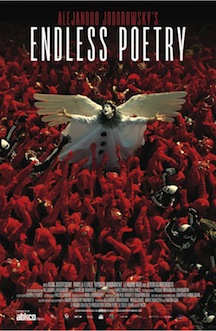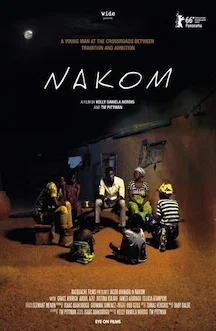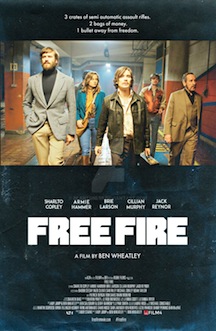Directed by Thomas Vinterberg
Country: Denmark / other
Danish filmmaker Thomas Vinterberg, co-founder of the Dogme 95 movement along with Lars Von Trier, is known for some poignant dramas with manifest emotional insight as are the cases of “The Celebration”, his first big hit, “The Hunt”, a worldly acclaimed drama with a strong theme, and “Far From the Madding Crowd”, a well-made British-American adaptation of Thomas Hardy’s novel of the same name. However, his filmography is not always consistent and titles such as “Dear Wendy”, “It’s All About Love”, and “Submarino” are completely dispensable.
Vinterberg co-wrote his new drama, “The Commune”, with a highly respected writer/helmer, Tobias Lindholm (“R”, “Highjacking”, “A War”), but the film is another rough stumble in the wobbly quality of his creations.
Set in the 70s, the film focuses on a successful liberal couple, Erik (Ulrich Thomsen) and Anna Muller (Trine Dyrholm), architecture professor and TV newscaster, respectively, who move with their 14-year old daughter, Freja (Martha Wallstrøm Hansen), into a large but secluded house in Hellerup, North of Copenhagen. The house is too big for them and is Anna’s wish to live in a commune with both old friends and a stranger, a broke foreigner called Allon (Fares Fares).
The other uninteresting dwellers are Ole (Lars Ranthe), Mona (Julie Agnete Vang), and a couple of associate professors whose little son faces a serious heart condition. As they cry and laugh together, everyone knows their place and how to live with respect.
After a chameleonic start that deludes us for brief moments with a perplexing piano melody erroneously announcing a thriller, and then suggesting a possible middle-aged romantic tale before settling in a fellowship adventure, the sharp camera lens fixates on the three main protagonists.
While the temperamental Erik starts an affair with a third-grade college student, Anna enters in a depressive and vicious spiral that will affect her life and work. Freja, who accidentally finds her dad’s secret, also gives the first steps in love with an older boy.
Although one may find genuine moments in the couple’s crisis, there are a bunch of scenes that feel contrived and even touch the ridicule. Perhaps the best example to illustrate this is when Allon does his interview with the commune members. Moreover, the dramatic side, many times enhanced by steep close-ups, is manipulated and conducted with an overwhelming negligence.
Regardless the wonderful performances by Thomsen and Dyrholm, the narrative engine machinated by Vinterberg needed some more oil to slide out of its torpor. I’ve never found that miraculous spark that captivates, intrigues, and impels us to care about the characters, and that led “The Commune” to become stoic in all its avidity to quickly and easily stir emotions.




























































